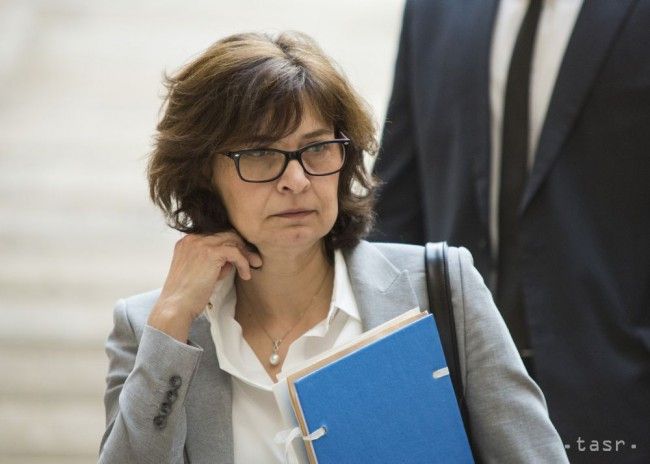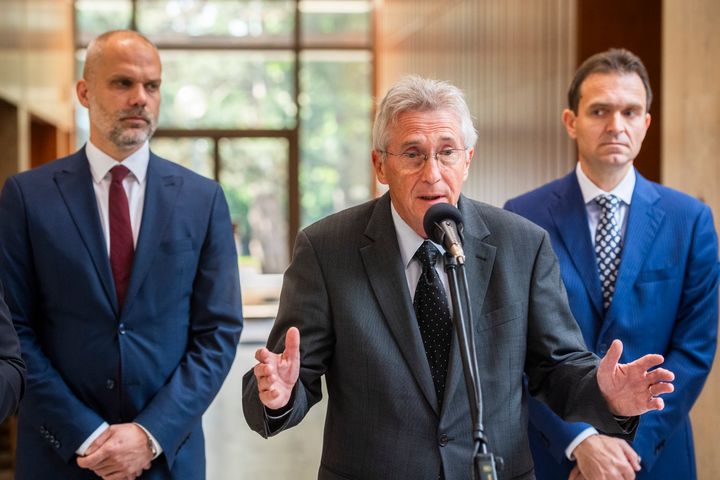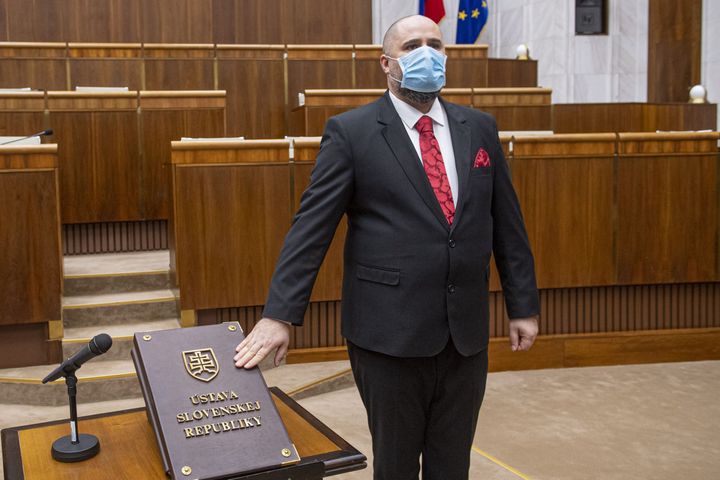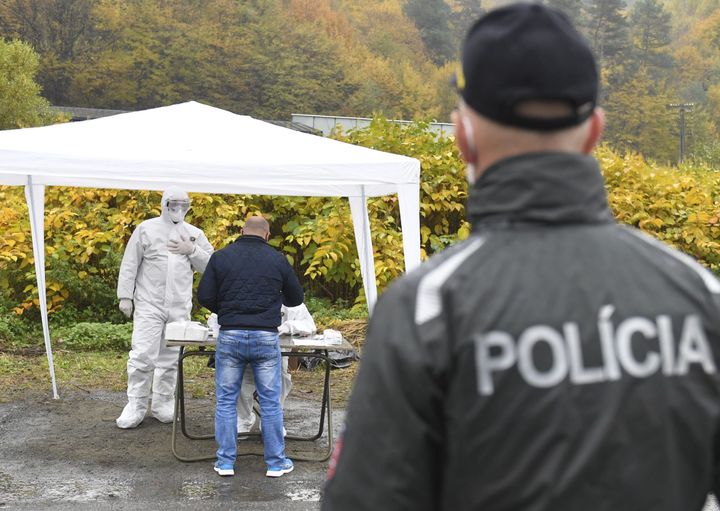Zitnanska: We Must Draw Lesson from Prochazka's Rejection Also Pro Domo

Bratislava, January 10 (TASR) – Criteria that Radoslav Prochazka (an unsuccessful candidate for a judge post at the EU General Court) failed to meet in Luxembourg should be respected and taken into account by Slovakia not only when picking candidates for international judicial institutions but also for domestic judicial posts, thinks Justice Minister Lucia Zitnanska (Most-Hid).
Zitnanska was referring to the statement by an advisory body to the Council of the EU, which hadn’t recommended the candidacy of Prochazka for the post of the additional EU General Court judge. “The way I perceive it, we have been told clearly in Luxembourg what kind of criteria a candidate should meet,” she said.
“It’s not only about professional qualities; integrity and trustworthiness must also be taken into account. For me, these are criteria that should be observed not only in the selection of candidates for international institutions but also pro domo,” Zitnanska emphasised, adding that these criteria are universally valid.
“All right, we’ve received the response from abroad, we need to draw a lesson from it,” said Zitnanska, who is entertaining the idea of making use of her power to nominate a hopeful for the prestigious post herself. “If I find a candidate who meets all the criteria as they’re set today, then I’ll consider it. But first, I need not only to think about this but also to talk to some potential hopefuls,” she claimed.
Prochazka was Slovakia’s second candidate for the additional General Court judge post. The previous candidate was Maria Patakyova, who was rejected due to her inadequate command of the French language.
The Judicial Council chose Prochazka as the official candidate on September 19, 2016, with the Cabinet greenlighting the nomination on September 28. SaS leader Richard Sulik challenged Prochazka’s candidacy in Brussels. In a letter to the Court of Justice of the EU he pointed to what he called Prochazka’s lack of morals and the non-transparent financing of his two election campaigns – presidential and parliamentary.



